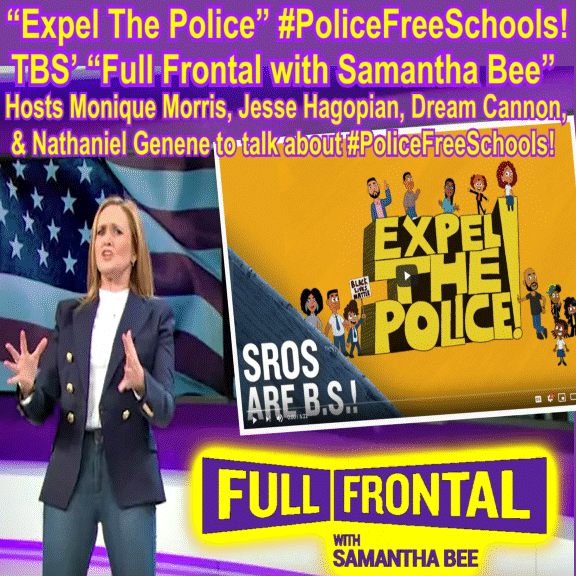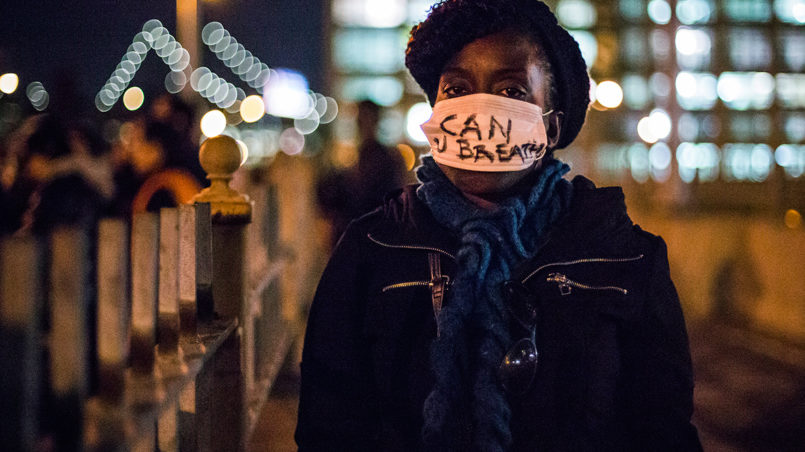Last May, a 15-year-old Black girl in Michigan known only by her middle name, Grace, was put in juvenile detention for not completing her homework. Teens not turning in their homework is hardly an anomaly. Other teens are scolded, lose marks or, at worst, get detention for this offence. But Grace was incarcerated. The difference? She’s Black.
Grace’s story is just one example of how the American education system and American policing tactics converge.
The education system has a dangerous obsession with rule-following for Black children that cuts short opportunities, just as policing has a dangerous obsession with rule-following for Black people that cuts short lives.
This is particularly evident in math class.
Black students often receive compliments in math class for rule-following. In lower-income schools (which are often predominately Black), students are encouraged to follow math rules and formulae without questioning the teacher or the math itself, leaving them no room to ask questions or screw up.
Teachers are more likely to judge their Black students’ math abilities based on non-academic qualities, such as behavior and physical characteristics. A decade ago, Common Core math was introduced to emphasize understanding over rote learning, but the delivery of standards varies across schools, classrooms and teachers, depending both on who is being assessed and who is doing the assessing.
Related: White and female teachers show racial bias in evaluating second grade writing
In higher-income schools (which are often predominately white), understanding is often prioritized over procedure, and students learn math in more abstract ways, such as understanding why one uses a certain formula, instead of just being told to use it “because that’s the formula.” They also are shown how these abstract concepts contribute to the higher CONTINUE READING:
































